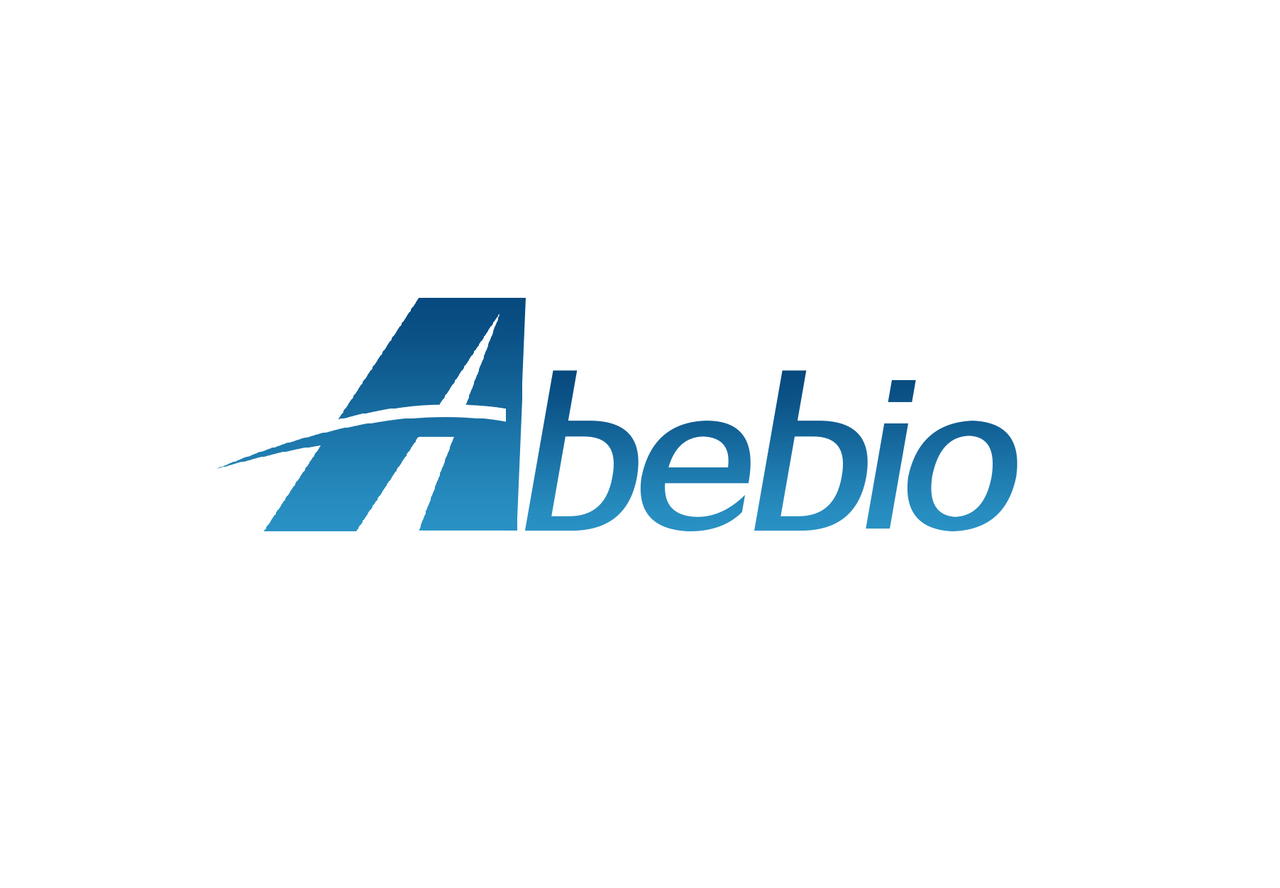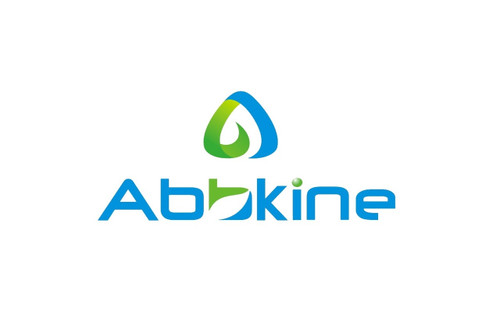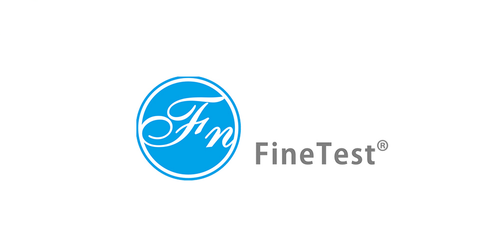Product Description
Rat Interleukin 28A (IL-28A) ELISA Kit | AE60773RA | Abebio
Species Reactivity: Rat (Rattus norvegicus)
Abbreviation: IL-28A
Alternative Name: N/A
Application: ELISA
Range: 15.6-1000 pg/mL
Sensitivity: 6.2 pg/mL
Intra-Assay: ≤5.3%
Inter-Assay: ≤9.8%
Recovery: 0, 98
Sample Type: Serum, Plasma, Other biological fluids
Detection Method: Sandwich
Analysis Method : Quantitive
Test Principale: This assay employs a two-site sandwich ELISA to quantitate IL-28A in samples. An antibody specific for IL-28A has been pre-coated onto a microplate. Standards and samples are pipetted into the wells and anyIL-28A present is bound by the immobilized antibody. After removing any unbound substances, a biotin-conjugated antibody specific for IL-28A is added to the wells. After washing, Streptavidin conjugated Horseradish Peroxidase (HRP) is added to the wells. Following a wash to remove any unbound avidin-enzyme reagent, a substrate solution is added to the wells and color develops in proportion to the amount of IL-28A bound in the initial step. The color development is stopped and the intensity of the color is measured.
Product Overview: Interleukin-28 (IL-28) is a cytokine that comes in two isoforms, IL-28A and IL-28B, and plays a role in immune defense against viruses, including the induction an "antiviral state" by turning on Mx proteins, 2', 5'-oligoadenylate synthetase as well as ISGF3G (Interferon Stimulated Gene Factor 3) . IL-28A and IL-28B belong to the type III interferon family of cytokines and are highly similar (in amino acid sequence) to IL-29. Interleukin-28A (IL-28A) is a novel cytokine discovered in recent years and has been shown to have antiviral activity. IL-28A, IL-28B and IL-29 are a family of class II cytokines that stimulate antiviral responses through a heterodimeric receptor that is distinct from the type I interferon (IFN) receptor.
Stability: The stability of ELISA kit is determined by the loss rate of activity. The loss rate of this kit is less than 5% within the expiration date under appropriate storage condition. The loss rate was determined by accelerated thermal degradation test. Keep the kit at 37°C for 4 and 7 days, and compare O.D.values of the kit kept at 37°C with that of at recommended temperature. (referring from China Biological Products Standard, which was calculated by the Arrhenius equation. For ELISA kit, 4 days storage at 37°C can be considered as 6 months at 2 - 8°C, which means 7 days at 37°C equaling 12 months at 2 - 8°C) .
 Euro
Euro
 USD
USD
 British Pound
British Pound
 NULL
NULL








